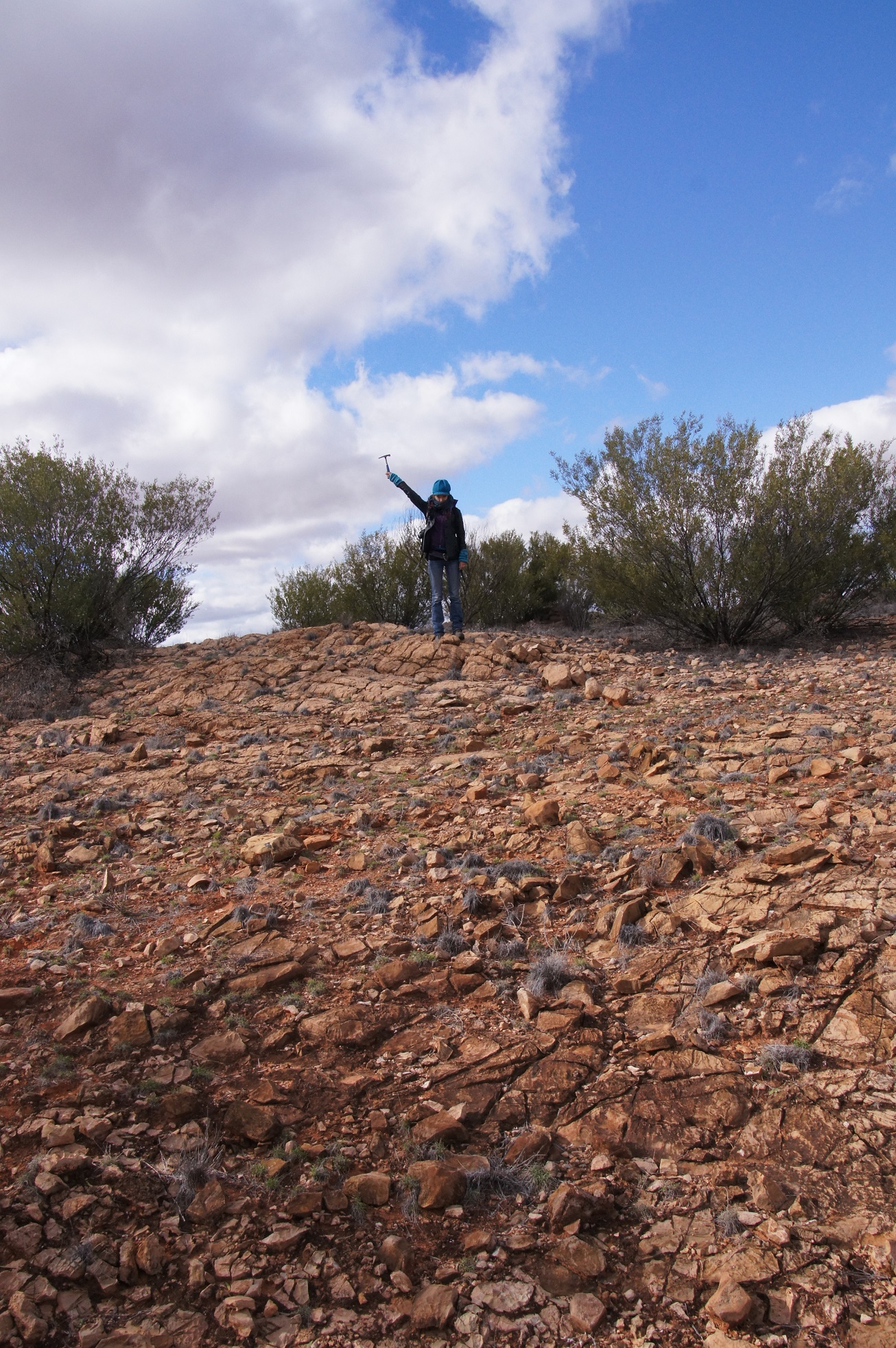Rocky start solves a mystery
Researchers from the ANU Research School of Earth Sciences have solved the mystery of how the first animals appeared on Earth, a pivotal moment without which we would not exist.
And the answer was found in rocks from central Australia.
"We crushed these rocks to powder and extracted molecules of ancient organisms from them," says Associate Professor Jochen Brocks.
"These molecules tell us that 650 million years ago, there was a revolution of ecosystems. It was the rise of algae."
Not only does The Rise Of Algae sound like a great name for a horror movie, it also triggered a chain of events which saw oceans transition from being dominated by bacteria to a world inhabited by more complex life.
"Before all of this happened, there was a dramatic event 50 million years earlier called Snowball Earth," he says.
"The Earth was frozen over for 50 million years. Huge glaciers ground entire mountain ranges to powder that released nutrients, and when the snow melted during an extreme global heating event, rivers washed torrents of nutrients into the ocean."
Dr Brocks said the extremely high levels of nutrients in the ocean, and cooling of global temperatures to more hospitable levels, created the perfect conditions for the rapid spread of algae.
"These large and nutritious organisms at the base of the food web provided the burst of energy required for the evolution of complex ecosystems, where increasingly large and complex animals, including humans, could thrive on Earth," Dr Brocks concludes.
Co-lead researcher Dr Amber Jarrett discovered the ancient sedimentary rocks from central Australia that related directly to the period just after the melting of Snowball Earth.
"In these rocks we discovered striking signals of molecular fossils," says Dr Jarrett, an ANU Research School of Earth Sciences PhD graduate.
"We immediately knew that we had made the ground-breaking discovery that Snowball Earth was directly involved in the evolution of large and complex life."
Find out more about ANU research in Earth science.


